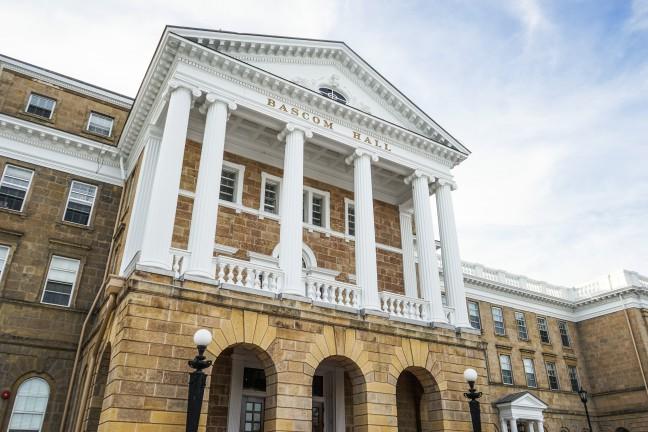A few weeks ago, the University of Wisconsin unveiled plans to offer four Massive Open Online Courses in the coming academic year. Including classes on video games and learning, global higher education, human evolution and market frictions, the courses will be delivered through a platform managed by the online learning company Coursera. They will be free and unrestricted, but participants will not earn college credit.
UW’s decision to offer MOOCs (pronounced “mooks”) is part of a nationwide trend – many universities nationwide have made unrestricted online classes available in the past decade. Prominent examples include Massachusetts Institute of Technology’s OpenCourseWare and edX initiatives, Stanford’s Engineering Everywhere and Harvard’s Free Courses – Coursera itself is the largest company in the MOOC industry, offering classes from 62 different universities. Suffice to say that the massive open online course movement is growing at a rapid pace.
The MOOC movement has received mixed reviews. Supporters celebrate the way in which these courses provide access to higher education for thousands of students around the world who would be otherwise unable to attend top-flight universities. Critics have cited comparatively low completion rates and a lack of interpersonal connection – according to Forbes magazine, the completion rate for an online course on artificial intelligence offered by Stanford was 13 percent.
Administrators at UW seem to be levelheaded about the educational potential of MOOCs. In an article by Nature Magazine, Wisconsin Institutes for Discovery Director David Krakauer pointed out open online education is a work in progress, saying, “You can design something that’s perfect on paper, and then try to build it. Or you can start with a system that’s rubbish, experiment and build a better one with feedback. That’s the Silicon Valley style – but it’s also the scientific way.” Interim Chancellor David Ward explained MOOCs are not intended to replace traditional forms of higher education, saying, “We fully recognize the necessity for direct personal communication in higher education, but we must also experiment and explore the potentialities of online technologies.”
Ward and Krakauer have found an eminently reasonable, middle-of-the-road approach to online education. Offering free, open online courses falls directly in line with the educational mission of this university by extending education to the public. The learning that happens at UW should not be confined within the walls of this university. At the same time, it is clear that while MOOCs may provide positive educational outcomes for some students, they will never replace four-year universities as a standard model for higher education – while these courses provide unrestricted education to students everywhere, they lack the structure and interpersonal interaction of a brick-and-mortar university.
We applaud UW for offering open online classes, as this decision will not jeopardize the educational mission of the university, but rather further it. This university has a prerogative to provide learning not only for its students, but for society as a whole.
There are, however, clear problems with the current model of open online education. While significant advancements have been made, course providers still struggle to translate the classroom experience into an online medium and create a course structure that retains students. These are problems UW should attempt to solve in its open online courses. After all, for UW, joining the MOOC movement should not be an effort to compete with other universities and “keep up with the other guys.” It should be an effort to find innovative solutions and in so doing, improve online education.
There has been much talk of UW’s role as an engine for the state’s economic growth. Most of this talk has centered on UW’s responsibility to produce well-educated graduates with degrees in high-demand fields. However, it is important to realize a degree is not what makes a worker well-prepared. The knowledge and skills the degree represents are what really matter, and these are exactly what UW seeks to provide in open online courses. By providing these MOOCs, UW is helping to prepare a new generation of workers for today’s economy.

















